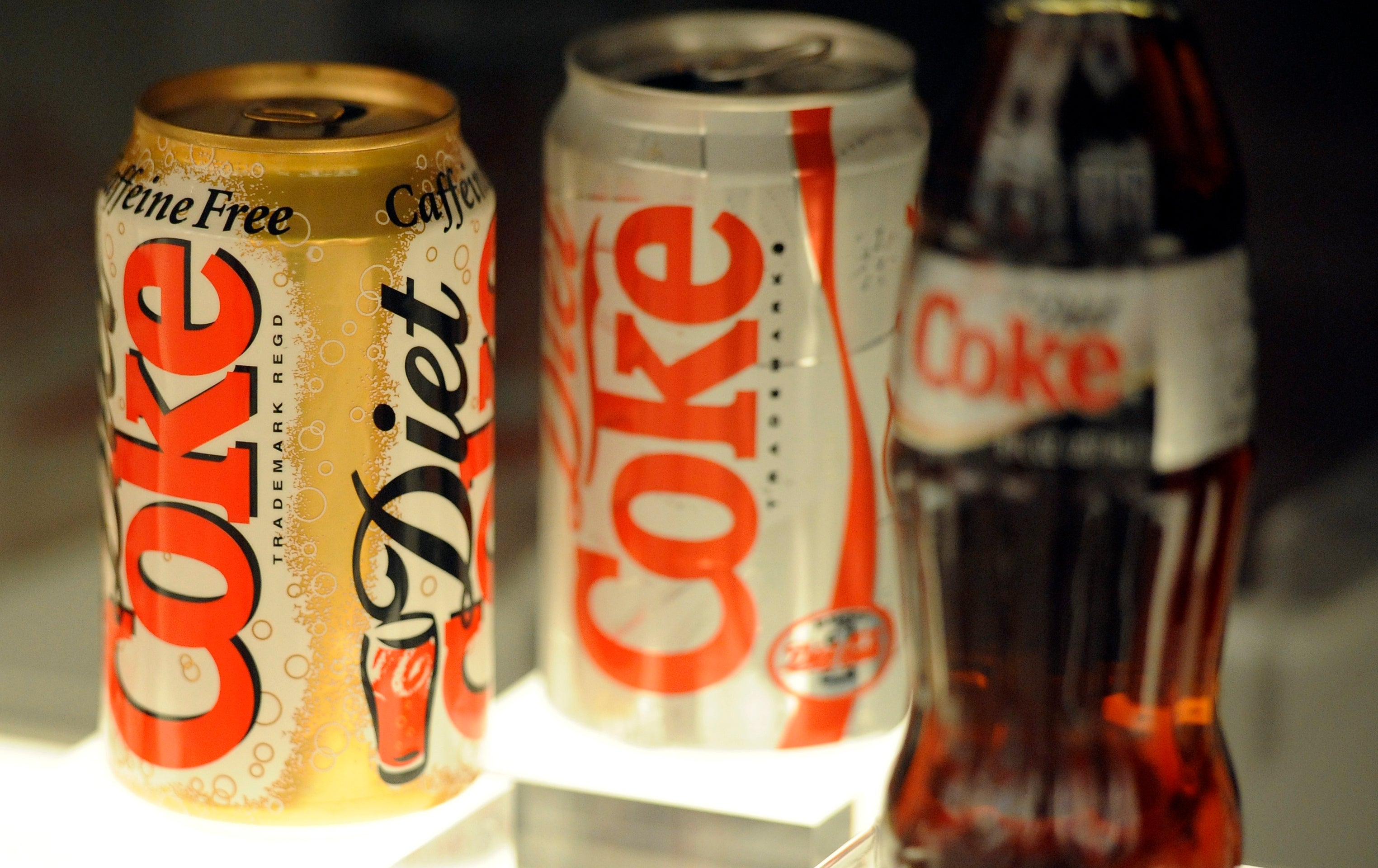Food shortages averted for now as government secures deal with CO2 supplier. But the crisis is far from over
Ignore the PM’s optimism – the cost of living crisis looks unavoidable and the Covid recovery is destined to take a hit as well, writes James Moore


A genuine threat of shortages of staples like chicken and bacon. Coke and Pepsi vanishing from the supermarket shelves. Empty bakery counters.
Imagine if someone suggested that was coming, say, 10 years ago and that, no, they weren’t floating an unlikely plot for a dystopian TV show or novel.
They’d have been laughed at, and then dismissed as a wild conspiracy theorist who’d spent too much time watching re-runs of The X-Files.
Yet that is where we are today.
Business secretary Kwasi Kwarteng, whose profile has been rapidly rising for all the wrong reasons, has, it seems, pulled a rabbit out of the hat by striking a deal with CF Industries, an American company that produces fertiliser and, as a by-product, the CO2 relied upon by the food industry. This should keep supermarket shelves stocked. Well, semi-stocked given, you know, lorry driver shortages and Brexit and so on.
I know, it’s ironic that we’re usually talking about too much of that gas burning up the planet, but it is an essential ingredient in the production of fizzy drinks, it is used in slaughterhouses to stun livestock, it has another function as a preservative for baked goods and there’s more besides.
What we don’t (yet) know are the details, including how it all works and how much it might be costing the taxpayer.
The company suspended production because the spiralling cost of energy mucked up the economics of its plants.
It seems unlikely that a minister saying it would be jolly nice if you’d take one for the team because we didn’t anticipate this happening, we didn’t pay sufficient attention to energy security, we didn’t do our jobs properly, would be enough to move the company to provide a volte face. These things usually require some sort of incentive.
It also seems unlikely that this is the last time the taxpayer will be asked to reach into their pockets as the energy market explodes and suppliers go bust left, right and centre because they can’t make the business pay as a result of gas prices going through the roof and a price cap that doesn’t (yet) take that into account.
The crisis is creating an economic avalanche and it’s going to hurt more than the food industry, which is already facing increased costs and is going to have to pass them on. It has the potential to cripple Britain’s Covid recovery and create a pandemic of hardship alongside the viral one that, by the way, is still busy killing people.
Attempts by Boris Johnson to reassure people that there will be food on the shelves and energy to keep the lights on aren’t going to forestall that.
Kwarteng has saved our breakfast bacon and his government’s with this deal.
Ministers have presided over the unnecessary deaths of tens of thousands of Britons through the course of the pandemic, many of which could have been prevented had they acted quicker.
They’ve been spared from political fallout in part because of the early head start Britain got with its vaccination programme (although that’s now evaporated) and because parts of the public felt that the pandemic was an unprecedented situation.
You can bet that would have changed had those people been forced to adopt a vegetarian diet.
It might still change because the seeds of a cost of living crisis have been planted and the weeds are starting to grow fast. Capped energy prices are probably going up again in the new year, and by quite a bit too. Averting the CO2 crisis, for now, won’t stop food prices from surging either.
It isn’t just the people who are going to get hit by the cruel £20 cut to universal credit who are going to notice this.
David Davis, the former minister, has expressed concerns about how this will impact the new Tory voters who delivered Johnson’s huge majority, the ordinary working people who put their faith in him and are about to have it severely tested. He’s right too.
It’s the economy, stupid. That rather famous political quote came from America. But it can be applied to Britain too.




Join our commenting forum
Join thought-provoking conversations, follow other Independent readers and see their replies
Comments